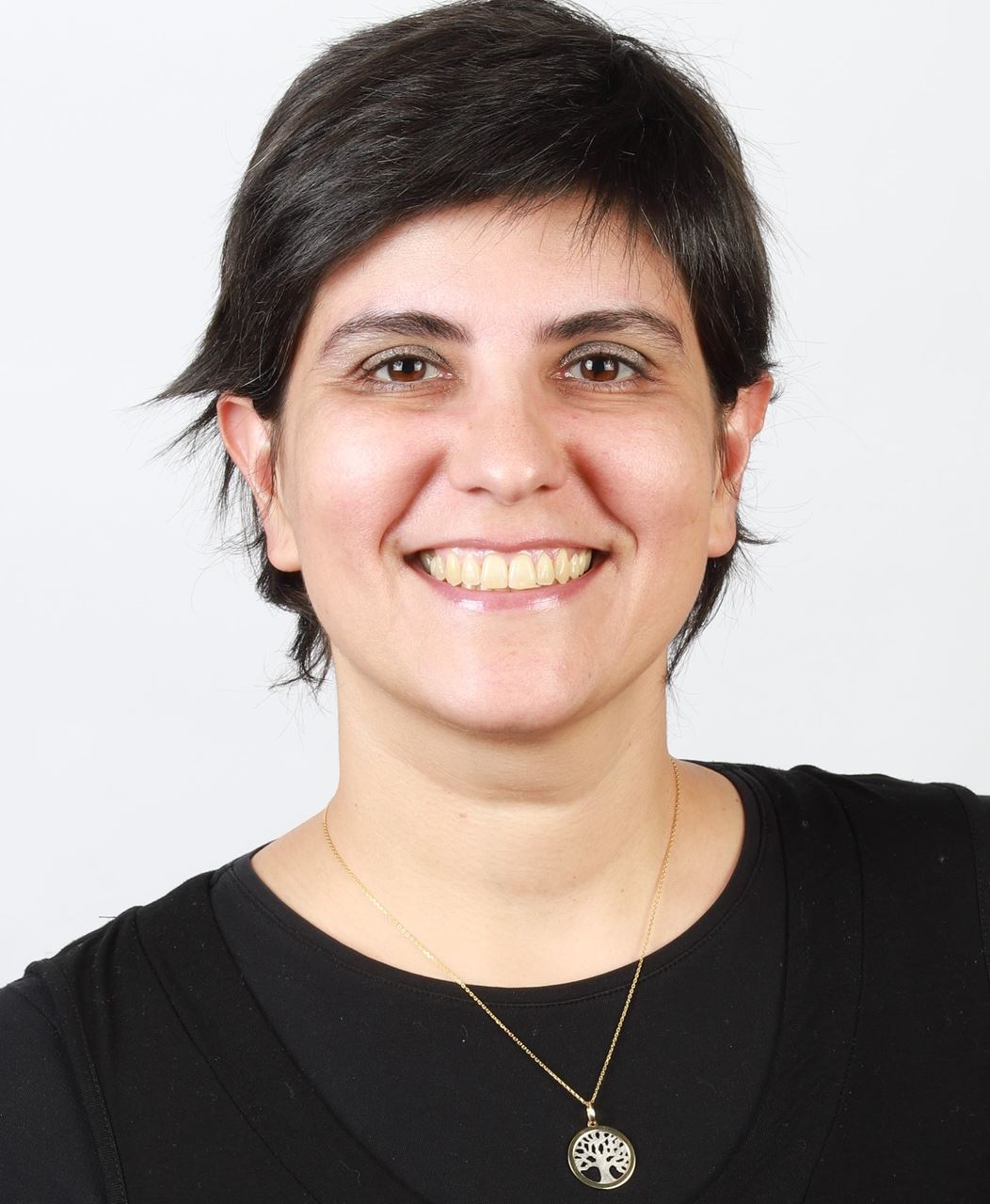Madalena Oliveira, former chair of the Radio Research Section and editor of the ECREA's open access journal 'Radio, Sound & Society Journal'
 Open access publishing is as important to the wide dissemination of scientific knowledge as it is controversial. Emerging as an alternative to the commercial editorial market, the reaction to the cost-free distribution of research outputs has been ambiguous. On the one hand, it is perceived as unrestricted access to scientific literature. On the other hand, it is also perceived as a possible threat to the quality and relevance of scientific results. In recent years, many journals were launched with a general policy of free access to knowledge, and they represent new chances for new research fields. These journals benefit from online publishing tools, and they may be published by commercial editors. However, it is mainly nonprofit research groups or associations that sponsor them.
Open access publishing is as important to the wide dissemination of scientific knowledge as it is controversial. Emerging as an alternative to the commercial editorial market, the reaction to the cost-free distribution of research outputs has been ambiguous. On the one hand, it is perceived as unrestricted access to scientific literature. On the other hand, it is also perceived as a possible threat to the quality and relevance of scientific results. In recent years, many journals were launched with a general policy of free access to knowledge, and they represent new chances for new research fields. These journals benefit from online publishing tools, and they may be published by commercial editors. However, it is mainly nonprofit research groups or associations that sponsor them.
One criticism of open access publications has to do with their business model and sustainability. Often lacking professional or dedicated staff, these publications depend on volunteer editors. Their sustainability is not only a matter of funding, however. It is a matter of credibility and symbolic power. In spite of their open availability, it is much more difficult for new open access journals to create their own audience and attract contributions from senior researchers.
Individual and collective projects require academic publishing, a condition for validating new findings among the scientific community. Nowadays, rather than publishing edited or single-author books, researchers must publish in scientific journals, whose peer-review processes are seen as a guarantee of scrutiny. The increasing number of authors looking to publish work is one reason the editorial sector is so vibrant and dynamic. Competition is high and to publish in renowned journals became a particular concern for all researchers.
Although the improvement of knowledge is science's primary objective, the current scientific paradigm measures research relevance in terms of social and economic impact. Academic careers are mainly assessed by new parameters focused on impact factors. In this context, there is great pressure to publish scientific results, which promotes an industry regulated by citation indexes and other sophisticated metrics that rank the social relevance of editors, journals and authors. Even if this were understandable, this system would threaten the genuine motivations for science without a complementary sector that could disrupt the business barriers. Therefore, open access publications are not only a consequence of new opportunities created by the Internet; they are necessary.
There is no doubt that the open access model is advantageous for democratizing knowledge. It represents for science what the Internet represented for journalistic content in general: the offer of costless information. As in the media sector, the abundance of available resources demands more abilities from the users, especially in distinguishing the quality and credibility of the content. Open access does not necessarily mean a lack of credibility. In most cases, open access journals follow the standards of quality for conventional publications (peer and blind-review, regular publishing, a coherent and well-written reference style). Many have also been submitted to indexing processes. The idea that only paid-for information could be safe is indeed nonsense.
The major apprehension about open access publishing is the need to avoid a kind of scientific epidemic. According to the Spanish researcher Miguel Tuñez, predatory journals are one of the most dangerous aspects of an unregulated market of free publishing. Sometimes with unknown origins, these pseudojournals develop aggressive and deceptive marketing strategies. They offer open availability, global diffusion and quick acceptance of articles, they have more editions per year than usual and promote a very wide call for papers. Some are multidisciplinary and accept contributions from diverse scientific areas. They also often contact potential authors and invite them to submit their work to an easy publication process. Announcing “fake” impact factors, these journals offer a false appearance of scientific credibility. They are the toxic side of open access systems and have nothing to do with the spirit of free knowledge. Their objective is to make money with fees charged to the authors.
Researchers have discussed the many advantages and disadvantages of open access publication. To have more benefits than problems, it is necessary to promote the responsible use of information tools. For society in general, as well as for scholars, trust is the key challenge today. It is not enough to have access to content; citizens need to trust the media, the political systems and the scientific structures. In addition, scientists need to trust information processes. Building trust-based communities is as essential as promoting communication grounded in freedom and independence. Analytics businesses, indexing services and official databases started to do part of this work, though they had strong economic motivations. They filter predatory journals, set parameters of quality and allow for normalised comparability.
Trust in open access publications should not only be assured by external institutions. It has to be a result of scientists' self-regulation as well. Readers must critically select what should be taken seriously or not, and publishers must promote honest, innovative and reflective contributions to their own research fields. It is clear that the quantitative model applied to science may distort the concept of excellence. A return to slow reading would be good advice for conscious navigation through open access knowledge.